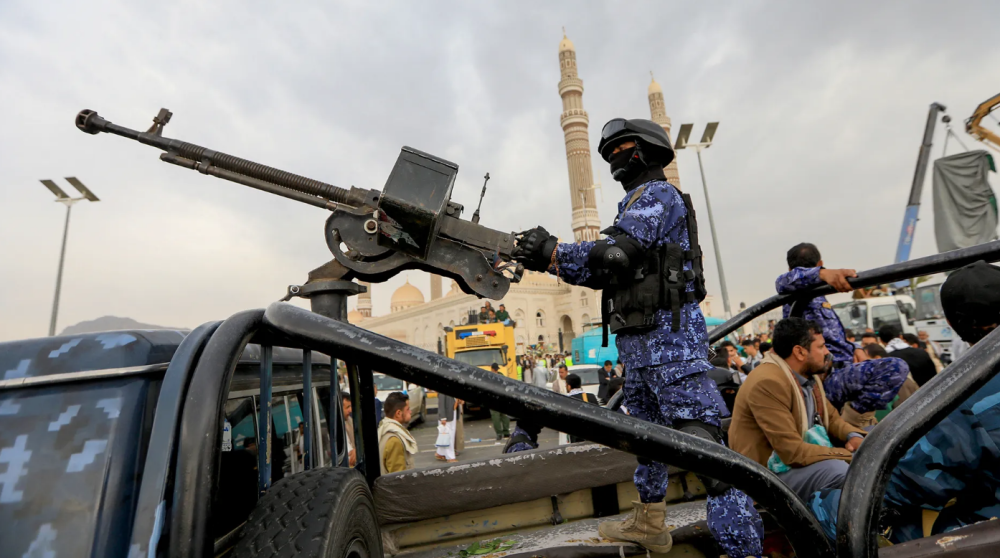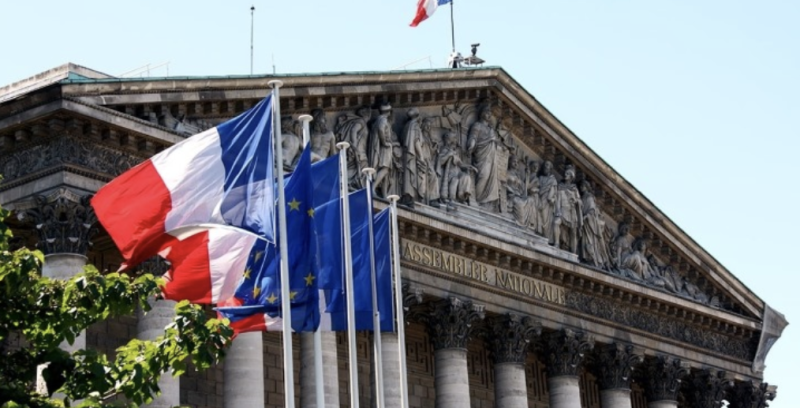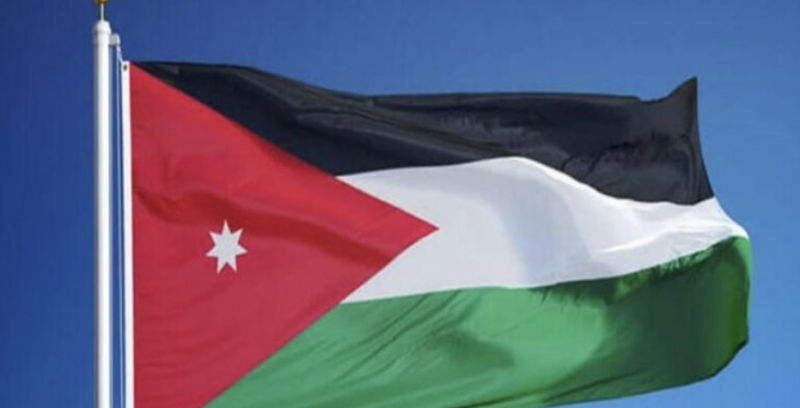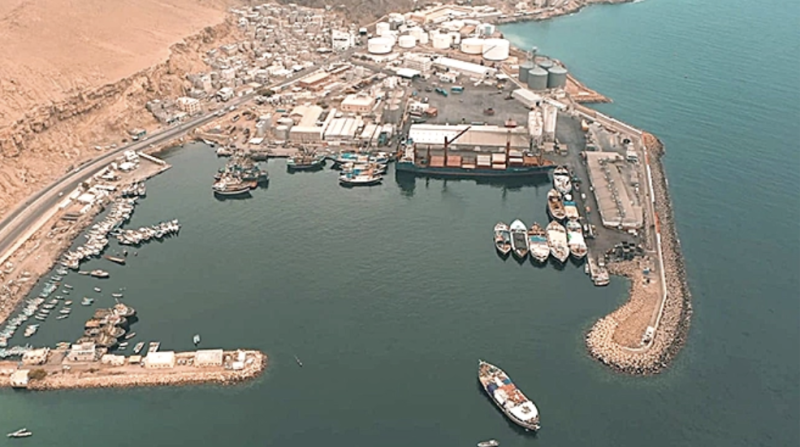U.S. officials in Saudi Arabia to discuss Yemen as Israel-Hezbollah tension grows


A senior U.S. delegation arrived in Saudi Arabia on Tuesday for talks about the situation in Yemen and the recent escalation between Israel and Houthi rebels, three U.S. officials said.
Saudi Arabia has become more concerned in recent weeks about the rising tensions and being dragged into a renewed conflict in Yemen.
Israeli fighter jets conducted an air strike in Yemen 10 days ago in retaliation for a Houthi drone attack on Tel Aviv.
It was the first time Israel directly attacked Yemen, a country more than 1,000 miles away. It came after more than 200 attacks by Houthis against Israeli targets since Oct. 7, Israel Defense Forces said.
Driving the news: The U.S. delegation is headed by Brett McGurk, the White House's top Middle East adviser, U.S. officials said.
The State Department's top Middle East diplomat Barbara Leaf, the U.S. envoy for Yemen Tim Lendeking and the Pentagon's top Middle East official Dan Shapiro are also part of the delegation.
A source with knowledge of the talks said bilateral cooperation is ongoing between the U.S. and Saudi Arabia to implement the political process in Yemen and enhance stability in Yemen and the Red Sea.
A White House official said McGurk is leading a senior inter-agency delegation, including representatives from the Departments of State and Defense, to Saudi Arabia "to discuss the bilateral relationship and regional developments." McGurk will then travel to Cairo for "consultations with Egyptian counterparts on related issues, and to advance discussions on the ceasefire and hostage deal," the official said.
Saudi Arabia's embassy in Washington declined to comment.
The U.S. delegation is in the region as tensions between Israel and Hezbollah continue to rise and threaten a war that could spill over into the broader region, which the Biden administration is trying to prevent.
U.S. Secretary of Defense Lloyd Austin said at a press conference on Tuesday during his visit to the Philippines that if Israel is attacked by Hezbollah as part of an all-out war the U.S. will help it defend itself.
"We were clear about that from the beginning. We don't want that to happen. We want things to be resolved through diplomatic means," he said.
Austin added that the U.S. is concerned the situation on Israel's northern border will turn into an all-out war, but emphasized he does not believe a war between Israel and Hezbollah is inevitable.

Paris – The French Ministry of Foreign Affairs issued a statement expressing deep concern over the situation in Yemen, while reaffirming its…

Amman – Jordan’s Ministry of Foreign Affairs and Expatriates issued a statement on Wednesday underscoring the Kingdom’s close mon…

Hadramout – A spokesperson for the United Nations Office for the Coordination of Humanitarian Affairs (OCHA) has warned of serious humanitari…